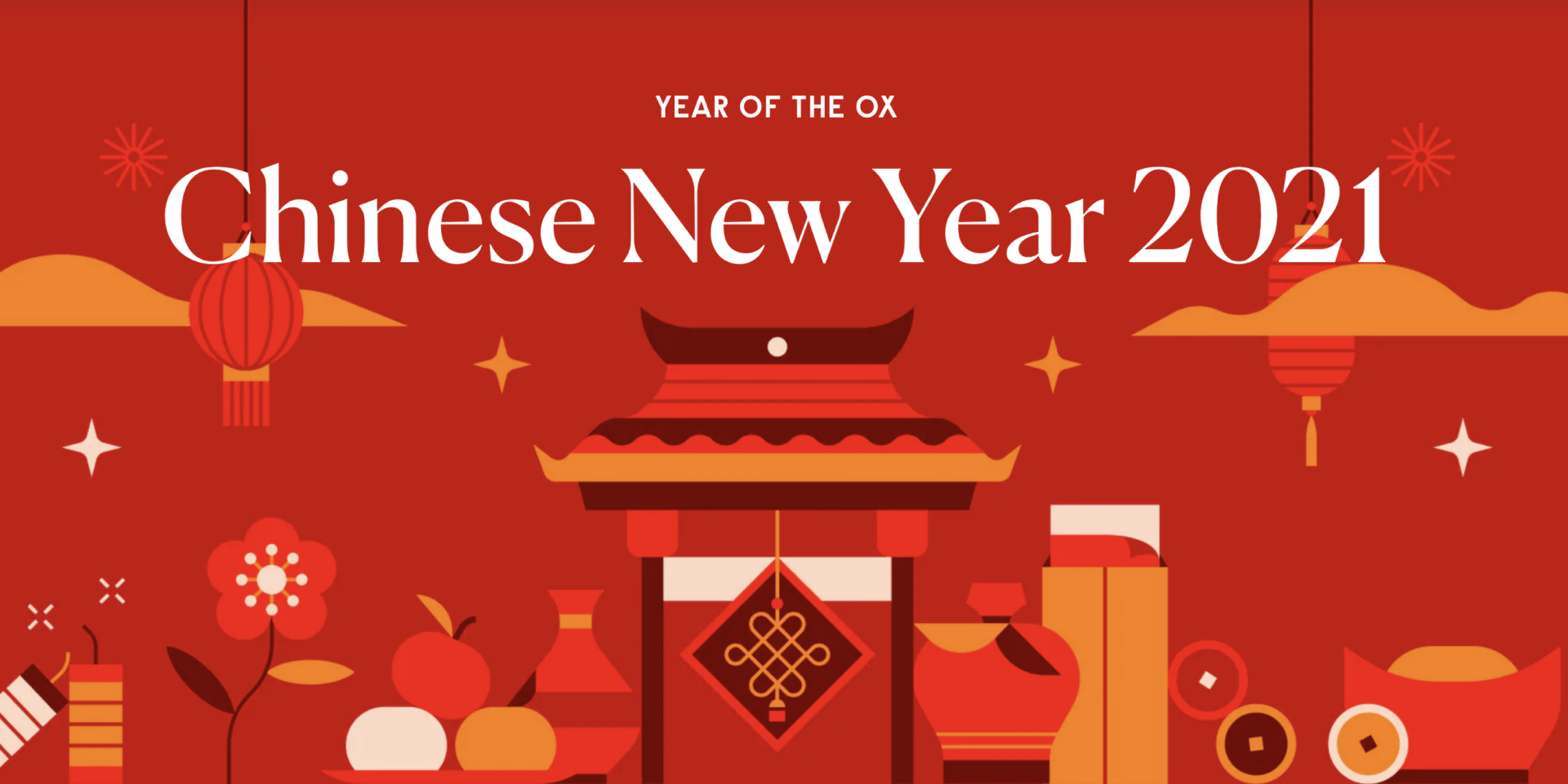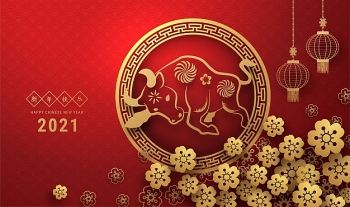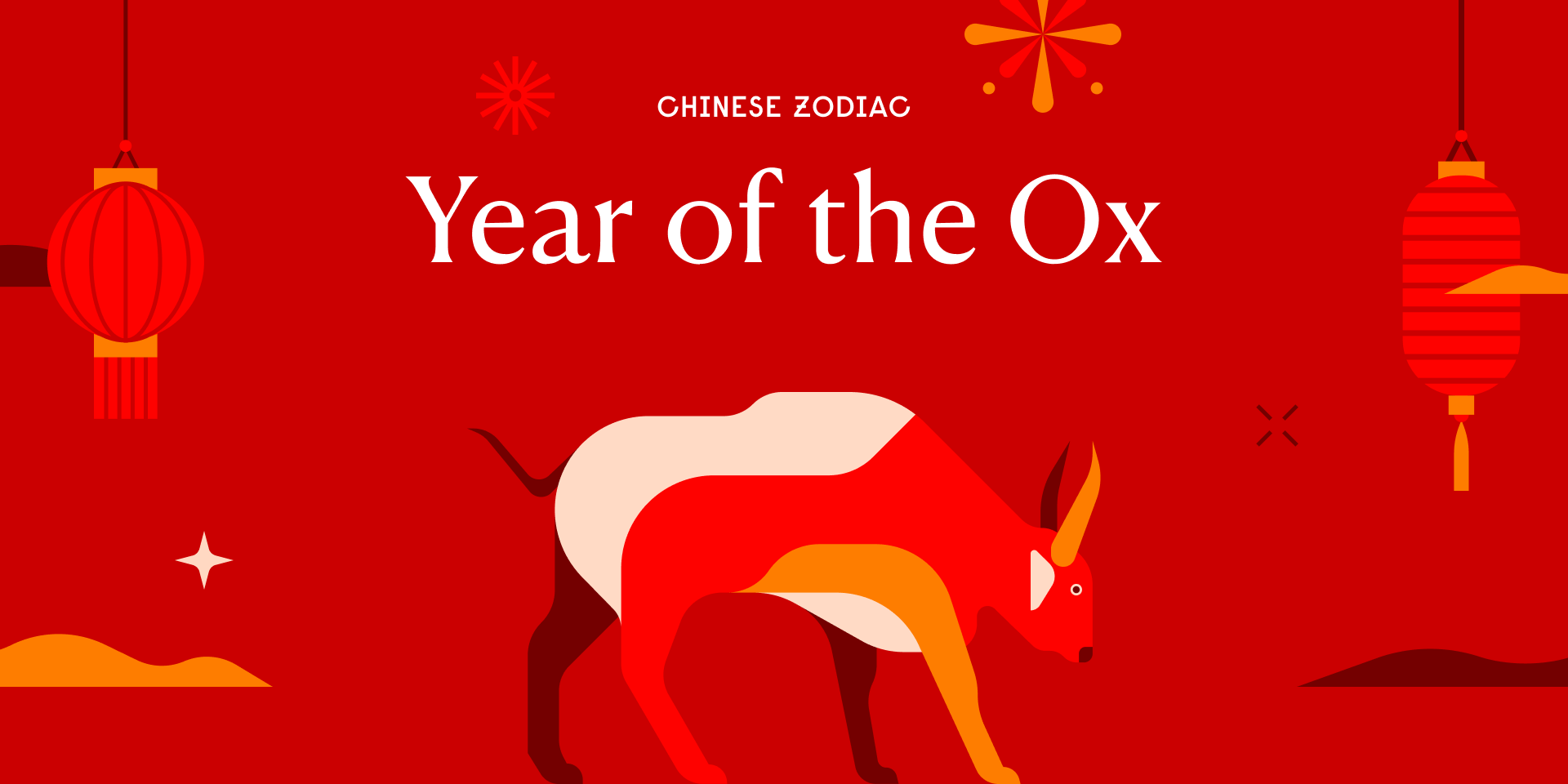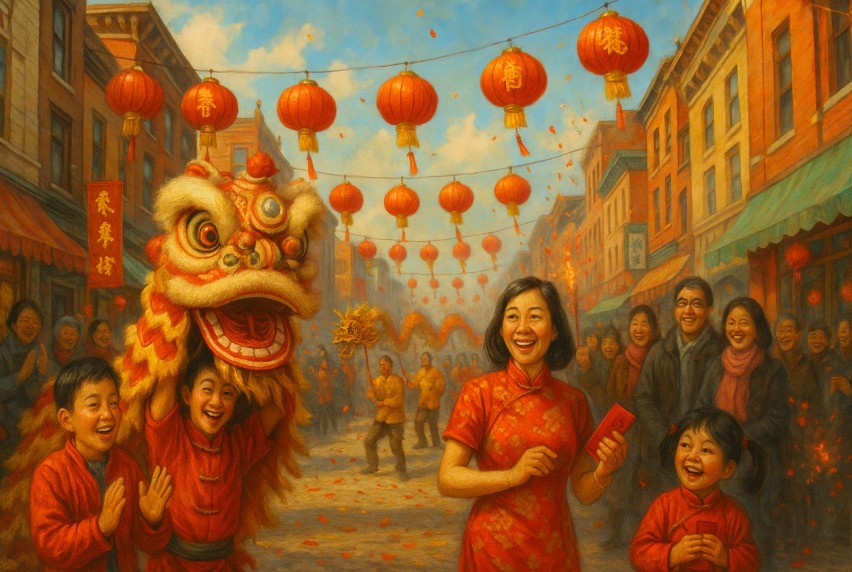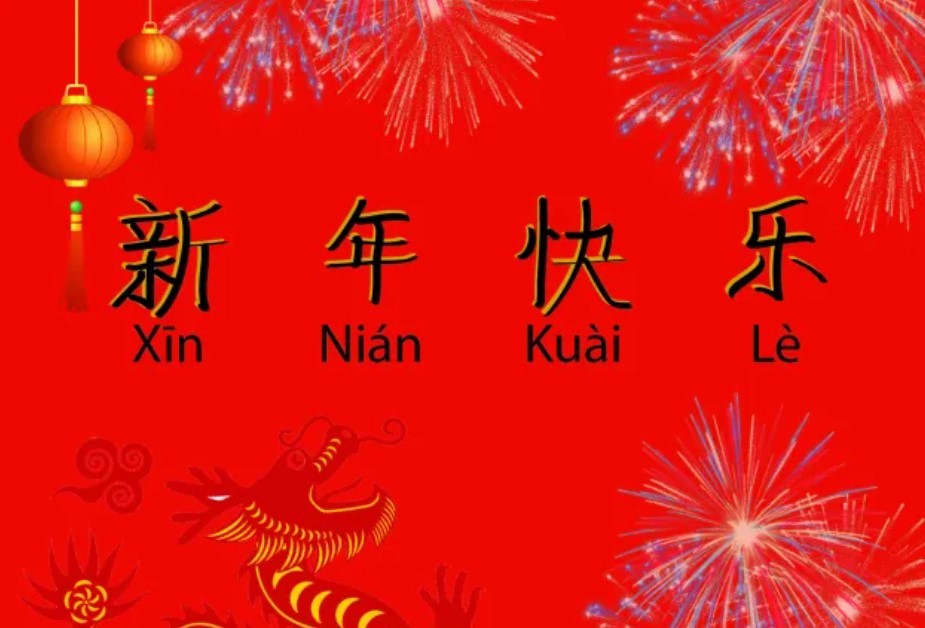Lunar New Year: Celebrations and Traditions for The Third Day
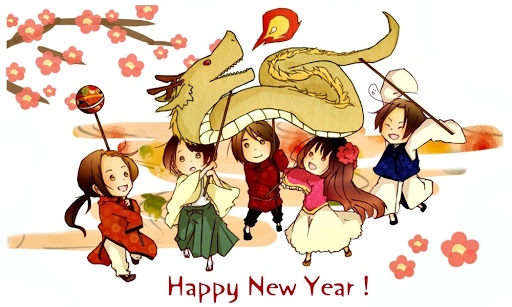 |
| In China, it’s also generally known as the Spring Festival, the literal translation of the fashionable Chinese identity. Photo: LaFairy Sails |
What is New Year Holiday
Lunar New Year is important for the standard Chinese holidays. In China, it’s also generally known as the Spring Festival, the literal translation of the fashionable Chinese identity. Chinese New Year celebrations historically ran from Chinese New Year’s Day itself, the primary day of the primary month of the Chinese calendar, to the Lantern Festival on the 15th day of the primary month, making the pageant the longest within the Chinese calendar. Because the Chinese calendar is lunisolar. The Chinese New Year is sometimes called the “Lunar New Year”.
The Spring Festival is a nationwide vacation in China. Government workplaces, faculties, universities and plenty of firms are closed throughout the interval from the Spring Festival Eve to the seventh day of the primary lunar month within the Chinese calendar. However, some enterprises equivalent to banks typically prepare for staff to be on shift responsibility. Public transport is offered throughout the Chinese New Year interval.
Chinese New Year (or usually known as Lunar New Year globally) is the Chinese pageant that celebrates the start of a brand new year on the standard Chinese calendar. The pageant is normally known as the Spring Festival in mainland China and is one in every of a number of Lunar New Years in Asia. Observances historically happen from the night previous the primary day of the year to the Lantern Festival, held on the 15th day of the year. The first day of Chinese New Year begins on the brand new moon that seems between 21 January and 20 February. In 2020, the primary day of the Chinese New Year will likely be on Saturday, 25 January, initiating the Year Of The Rat.
Though the vacation is definitely only a week-long, historically it is celebrated as a 15-day vacation when firecrackers are lit, drums are heard on the streets, purple lanterns glow at night time, and purple paper cutouts and calligraphy cling on doorways. Children are additionally given purple envelopes containing cash. Many cities all over the world maintain New Year parades full of dragon and lion dances.
The Third Day (zhengyue 3), Stay at Home
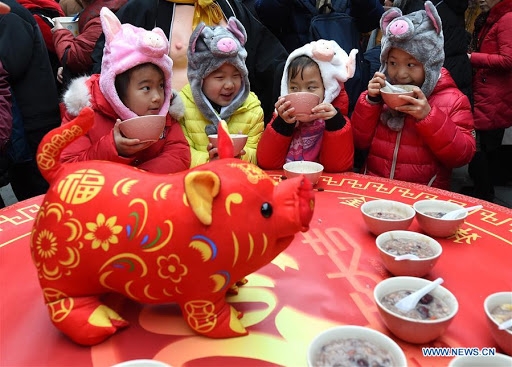 |
| The third day is designated a day for staying home, the idea being that you should avoid visiting others to avoid any possible arguments. Photo: Xin Hua Net |
During the first two days of the new year, people are paying visits and their respects to friends and family. The third day, however, is designated a day for staying home, the idea being that you should avoid visiting others to avoid any possible arguments. This day is also known as the day of the angry dog—chi gou ri (赤狗日)—a god believed to bring misfortunes (link in Chinese) in ancient times. Furthermore, going out on this day is believed to bring poverty because the Chinese word chi also means deficit, says Quarts.
Heavenly spirits just like the kitchen god and the god of wealth go to earth on the fourth day. It’s auspicious to arrange a giant dinner (served on the stroke of midnight even!) and make choices of incense, meals and spirit cash to welcome these deities and guarantee an affluent year forward, according to Ave Holidays.
‘Birthday of Pig’
Families who had an immediate relative decreased in the past 3 years will not go house-visiting as a form of respect to the dead. The third day of the New Year is allocated to grave-visiting instead. Some people conclude it is inauspicious to do any house visiting at all, as it is believed that evil spirits roam the earth this day and hence it would be bad luck to be outdoors, Nationals Online cites.
Businesses that had been closed during the prior festivities will be reopened and prayers will be held in order to be blessed with prosperity in the upcoming year. Conservative Chinese businesses do not open until after the fifth day due to previously mentioned roaming ghosts.
| In old days, the third day of Chinese New Year was considered an ominous day, so people usually didn't go out. There were many traditional taboos, such as cleaning the house, making a fire, having arguments, drawing water, visiting others, and so on, notes China Travel. With the progress of time, however, fewer and fewer people believe in such superstitions. More and more people just take this day as a normal holiday to have fun with their families. *Read More: Happy Lunar New Year: Best Wishes, Great Quotes, Greetings and Messages |
Significance of Lunar New Year
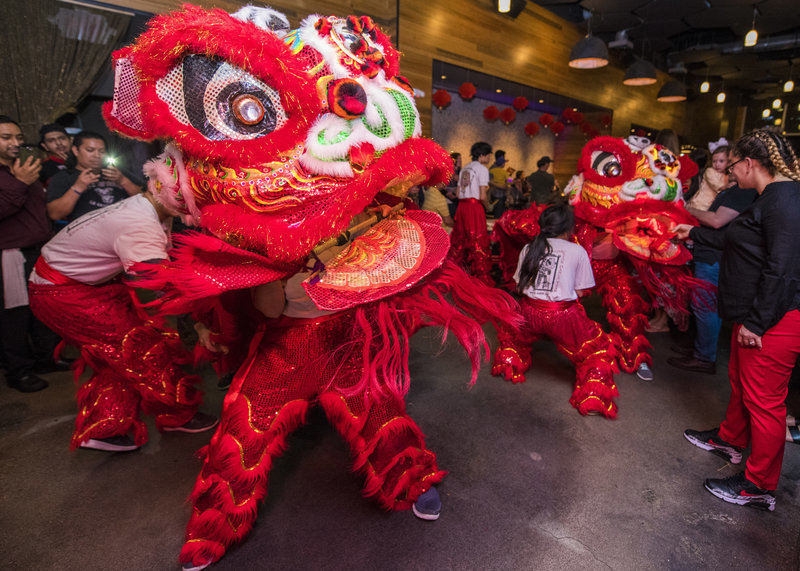 |
| Photo: The Austin Chronicle |
Chinese New Year is an important vacation in China. Tied to the Chinese lunar calendar, the vacation was historically a time to honor family and heavenly deities in addition to ancestors. It was additionally a time to deliver the household collectively for feasting. With the favored adoption of the Western calendar in 1912, the Chinese joined in celebrating January 1 as New Year’s Day. China, nonetheless, continues to have a good time Chinese New Year with the standard greeting, “Kung Hei Fat Choi.”
It means ‘blessing,’ a hope that different folks will get good luck. It is often used throughout the Chinese New Year. The purple background can be a form of ‘good’ as Chinese folks use purple to characterize ‘good luck.’
Over a billion folks in China and thousands and thousands all over the world will have a good time the Chinese New Year – an important of Chinese holidays – around February 5, 2019, coinciding with the brand new moon. Countries in Southeast Asia celebrating it embody China, Thailand, Indonesia, Malaysia, and the Philippines. It’s additionally celebrated in Chinatowns and Asian properties all over the world. It’s thought of a time to honor deities and ancestors and to be with household.
On Chinese New Year, households journey lengthy distances to fulfill and make merry. Known because of the “Spring motion” or Chunyun (春运), an excellent migration takes place in China throughout this era as many vacationers courageous crowds to get to their hometowns.
| Chigou's Day or Red Dog Traditionally, the third day is known as Chigou's Day. Chigou literally means "red dog," but refers to the God of Blazing Wrath. During millennia of passing down the name, the words got mixed up and evolved instead into chi kou, red mouth. Thus the third day became known as a day to avoid greetings as something bad may come out of your mouth. To avoid quarrels, troubles and other unlucky matters associated with the mouth, many a taboo is enforced to discourage talking. Nowadays Chinese people may still follow the tongue-tied custom, but few know its origins. Rat Marriage Day Another custom connected to this special day can be found in old Chinese folklore: Rat Marriage Day. The rats wed while human beings celebrate the third day of Chinese New Year. This idea is probably linked to the unhappy relationship between ancient Chinese and rodents. China was a nation of agriculture before becoming a modern society. Most people made their living farming. Famine sometimes stalked the land. Chinese know starvation and must always take food seriously. Rats - and mice - have thus always been regarded as vermin for stealing and eating the food stored in granaries. One way to prevent rats stealing is for them to marry. Every year on this third day, people tend to go to bed earlier, leaving enough space and time for rats to finish their wedding ceremonies. Some people even put out rice and money in the house to share with their romantic rodent neighbors. - Global Times |
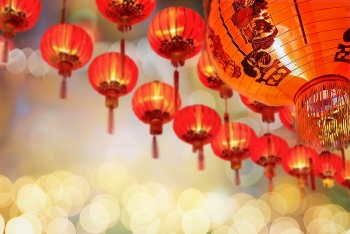 The First Day of Chinese Lunar New Year: Significance, Tradition, Celebrations. The First Day of Chinese Lunar New Year: Significance, Tradition, Celebrations. Do you know why the first day of Chinese Lunar New Year is considered the "birthday of chicken"? The answer is given below by Knowinsiders ... |
|
Chinese New Year, also known as Lunar New Year or Spring Festival, is China's most important festival. Haven't got any ideas for decorations? Check out ... |
|
On the occasion of Lunar New Year, not only clothes and customs associate with luck but also the foods that bring the significant meaning of ... |
|
Chinese New Year is annually celebrated between January and February and the occasion is commonly found in Asia with many ways to celebrate according to ... |

